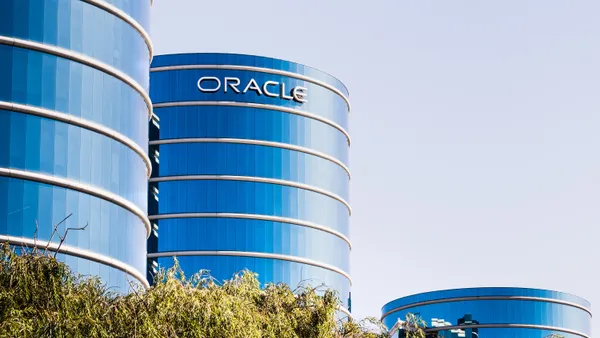Dive Brief:
- Refusing to hire a job applicant who tested positive on a pre-employment drug test because she is a medical marijuana user violates the state’s medical marijuana law, a Connecticut federal district court has ruled (Noffsinger v. SSC Niantic Operating Company, LLC dba Bride Brook Nursing & Rehabilitation Center, No. 3:16-cv-01938, (D. Conn., Sept. 5, 2018)).
- Katelin Noffsinger accepted a job offer from Bride Brook Nursing & Rehabilitation Center that was conditioned upon her passing a pre-employment drug test. Noffsinger explained that she was a registered patient who used medical marijuana for post-traumatic stress syndrome. When the drug test came back positive, Bride Brook withdrew the offer, noting that "we use federal law, which indicates marijuana is still illegal." Noffsinger sued, alleging, among other things, violation of the Connecticut Palliative Use of Marijuana Act.
- The U.S. District Court for the District of Connecticut ruled for Noffsinger on her employment discrimination claim under PUMA. The court noted that the law has an anti-discrimination provision that bars employers from refusing to hire a person or from discharging, penalizing or threatening an employee solely because of his or her status as a qualifying medical marijuana patient under state law.
Dive Insight:
This case illustrates that employers cannot merely rely on federal law when making employment decisions about applicants and employees who use medical marijuana, according to Kathryn Russo, principal at Jackson Lewis. "Courts in Connecticut and certain other states will enforce state law discrimination prohibitions with regard to medical marijuana use," she wrote in a blog post on the firm's Drug and Alcohol Testing Law Advisor. Russo suggested that employers in Connecticut and elsewhere consider the marijuana laws affecting their workplaces now, before an issue arises, and adjust their policies as necessary.
Employers in Maine are facing a particularly interesting situation. Earlier this year, the state became the first to forbid employers from discriminating against employees based on their marijuana use outside of work. Employers are still free to prohibit use and possession in the workplace and can discipline employees who are under the influence of marijuana in the workplace, but cannot discipline or refuse to hire workers age 21 or older based on off-site use.
And despite the challenges that marijuana use brings, some employers have voluntarily ended testing, Russo previously told HR Dive. They've decided that it's worth accepting off-site use in exchange for a broader applicant pool, she said, viewing it as one way to compete in the tight talent market.













